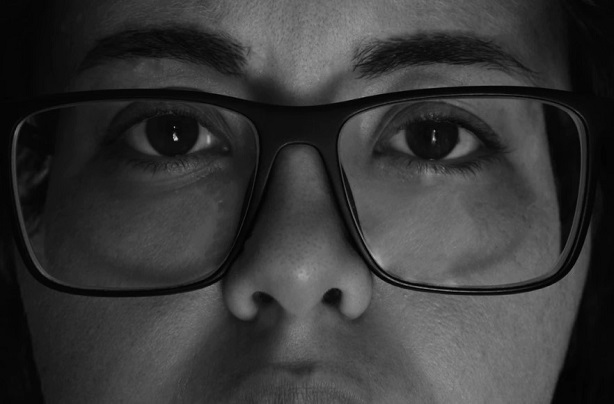Contact Lenses Vs. Glasses: Which Is Best For Me?
Whether you wear eyeglasses or contact lenses for vision adjustment, it mostly depends on personal preference. In addition, way of life, comfort, accommodation, convenience, budget, and feel all factors help your decision process.
Before choosing contact lenses and glasses, remember that one isn’t necessary to the other. Each has its advantages and disadvantages as far as vision, convenience, and eye health.
Eyeglasses offer numerous advantages over optical lenses. They require no cleaning and support. Or you don’t have to contact your eyes to wear them (minimizes the dangers for eye contaminations).

Moreover, eyeglasses can accomplish something contact lenses can’t — they can change the measure of light entering your eye for ideal vision. In particular, photochromic lenses are clear inside and around the evening time. They obscure consequently in daylight for clear vision in any light. Special contact lenses can avoid some UV light from entering the eye, photochromic eyeglass focal points square 100 percent UV. The protection is not just within the sight from UV, but also the outside of the eye and eyelids.
So which are better for your specific needs and way of life — glasses or contact lenses? Here’s a list of the favorable circumstances of each kind of eyewear to help you make the decision.
Contact Lenses
Contact lenses fit in with the ebb and flow of your eye, giving a more extensive field of view and causing fewer vision mutilations than eyeglasses.
- Contact lense doesn’t disrupt the general flow when the user is playing sports and working out.You can take an interest in sports and open-air exercises unafraid of eyeglasses disrupting everything, falling off or breaking.
- Visual Lenses won’t conflict with what you’re wearing.
- Contacts regularly aren’t affected by climate conditions and won’t mist up in cold climate like glasses.
- You can even change the shade of your eyes with different color contact lenses.If you need to perceive how you would look with a different eye shading, you can try different things with shading contact focal points. You can even buy a particular match with your Halloween costume or dress match color.
- Some visual lense can reshape your cornea while you rest. Medium-term orthokeratology (Ortho-k) briefly changes nearsightedness to allow you to see the other day without wearing glasses or contact lenses.
Eyeglasses
- Wearing glasses decreases your physical contact with eyes. It reduces the chances of aggravating your eyes or building up an eye disease. And also minimize any infection.
- The glasses are less expensive than contact lense.
- If you have sensitive or dry eyes, glasses won’t have any further effect on it.
- Eyeglasses are mostly less expensive than contact lenses. You don’t have to change glasses as frequently (except if you break them!). In the case of adjusting vision, you can keep the old glasses frame and only have to change the glasses.
- Frames are in vogue and can say a lot about your character and style — the vibe of your glasses can own an intense expression or make an incredible design statement
- Glasses provide some security from natural factors like wind, dirt, etc.
Contact Lenses, Eyeglasses, or Both?
Based on the advances in contact lens technology and innovation, a lot of people nowadays can wear contacts effectively whether they like to wear glasses as their essential type of vision redress.
So the choice to wear either contact lenses or glasses from San Antonio Eye Doctor and when to wear them is based on personal preference.
Remember, whether you opt for contact lenses full-time, you should have an extra pair of glasses, since you may have to wear them because of eye irritation or infection.
